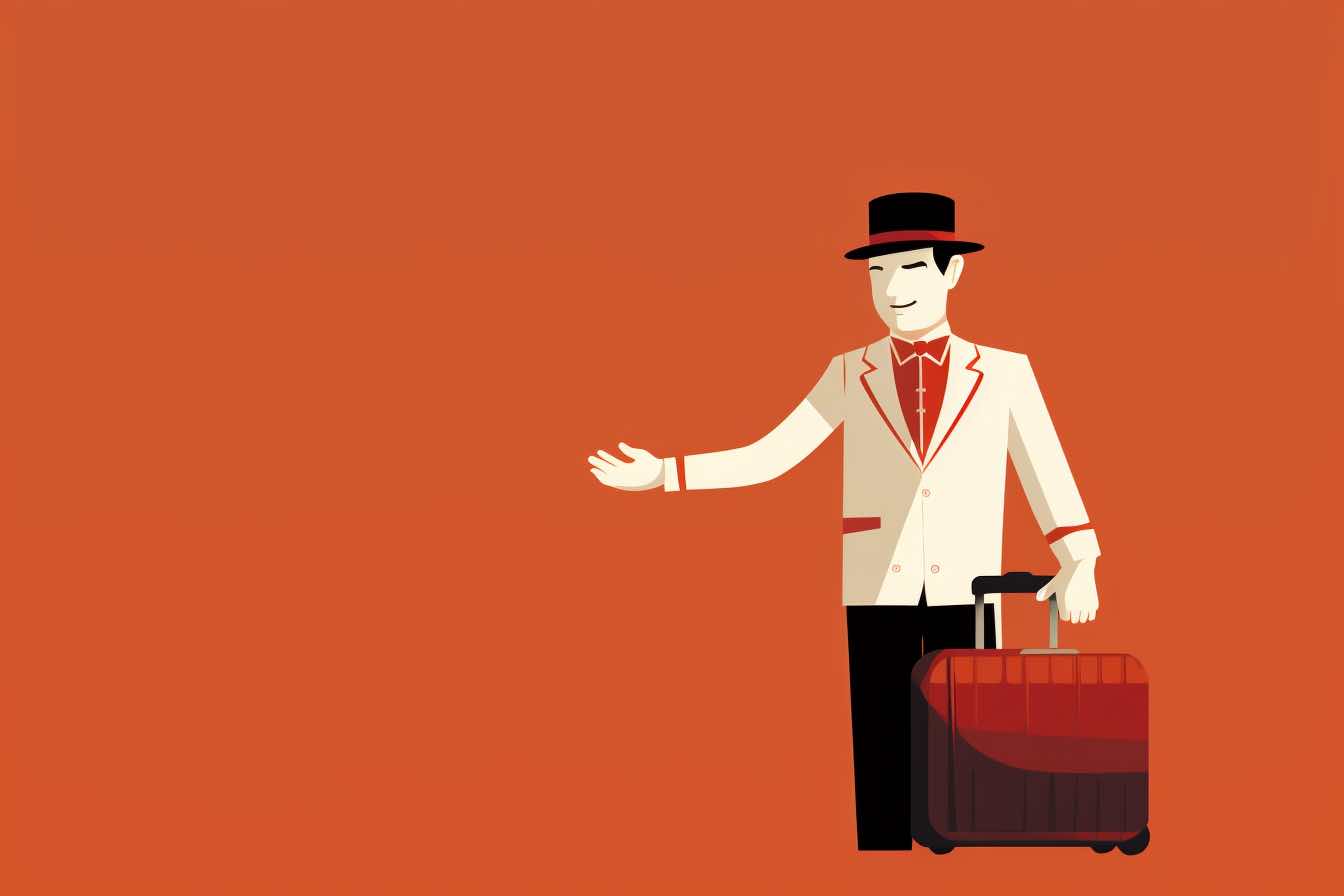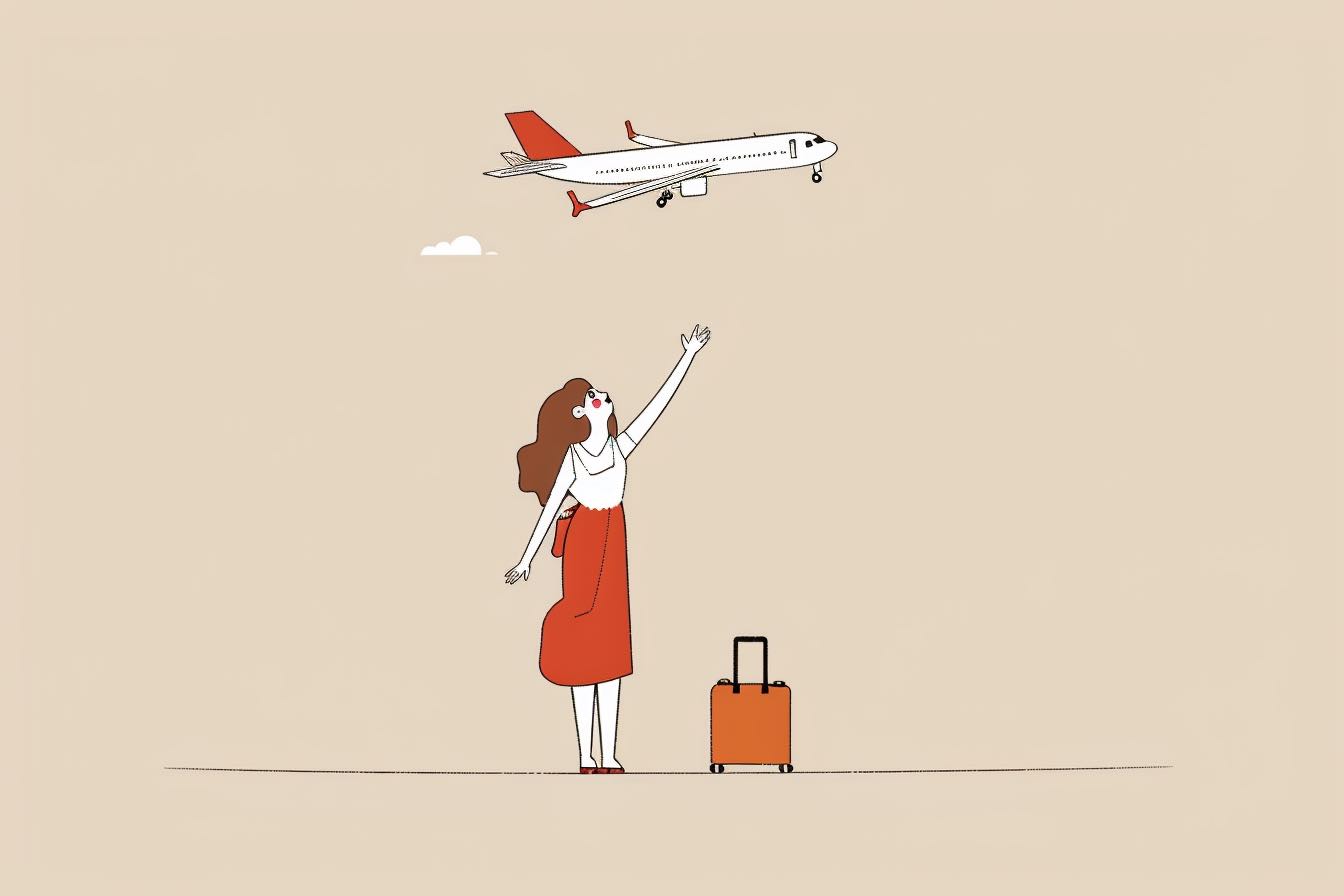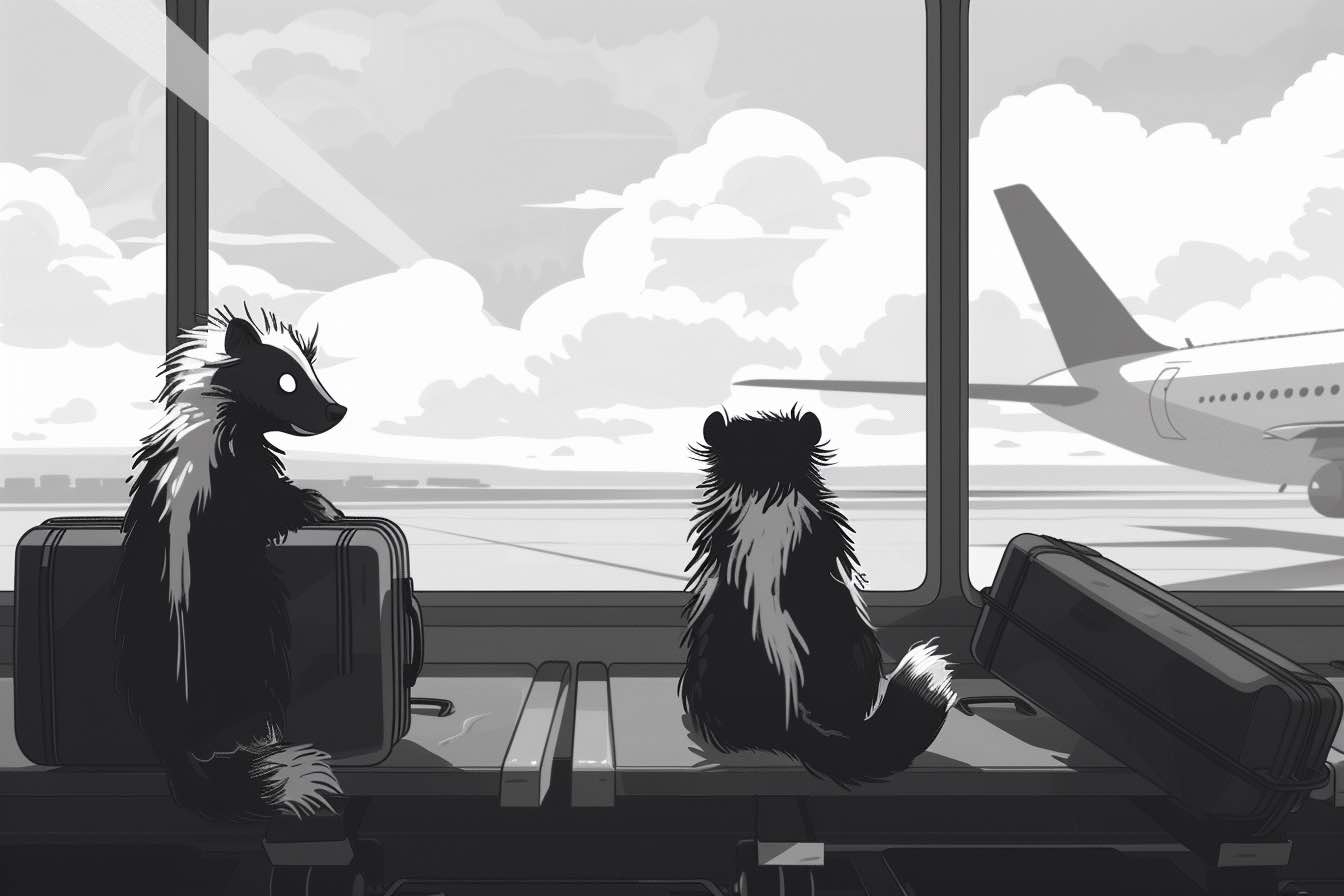If you’re confused about who you should — and shouldn’t — tip when you travel, take a number. You’re hardly the only one.
“The tipping culture in the U.S. is out of control,” says Laurel Barton, a guidebook author who lives in Lincoln City, Ore., but spent years living in Europe. “I am appalled at how much and often I am expected to tip in the U.S.”
This is the right time to be thinking about it, while you’re planning your upcoming holiday trip.
A recent CreditCards.com poll found that four out of five Americans always tip at a restaurant, and the median tip is 18%. Though there are no authoritative studies that document the growth of gratuities in the travel industry, there’s plenty of anecdotal evidence that their use is expanding.
Since this story first appeared, the tipping issue has grown even more complicated. Now, businesses are soliciting tips for takeout meals and at self-service payment terminals. And there are those who feel we should tip every service employee you encounter in your travels. But that’s wrong.
Here are a few tips on whom to tip
Here’s a tip or two for your next trip: There’s a short list of people to whom you shouldn’t give a penny and an even shorter list of people you should always consider tipping. There are plenty of folks in the middle, and, as always, there are exceptions to every rule.
And make sure you tip the correct amount. Here’s my guide on tipping (and overtipping).
Don’t tip these people
Independent tour guides, travel agents, flight attendants, boat captains and pilots. “No, don’t tip them,” says Barton — even if you’re traveling in America. Why? They’re generally already well compensated. Giving them more creates a system of tip dependency.
Etiquette expert April Masini says you should always check your bill before paying extra, because sometimes, your bill includes a gratuity.
“You would be double-tipping,” she says. That kind of pricing seems to be happening more often. In fact, I experienced it a few weeks ago when I ordered room service in a hotel. When I asked a hotel employee if it included a tip, he cringed, then admitted it was, apparently realizing I would not overtip.
If you’ve overtipped someone and they insist on keeping your money, you can use the Elliott Method to get a partial refund. (And if that doesn’t work, contact my advocacy team. We love cases like this.)
Maybe tip these people when you travel
What about taxi drivers, doormen, hotel valets and bellmen? And how about Uber drivers?
I found travelers in both the “yes” and “no” category when it came to tips. Though many of these travel employees receive a living wage, it’s acceptable to give them a gratuity if they’ve provided a good service.
Who should get a tip when you travel?
Anyone who you know is essentially working for tips, particularly restaurant servers, deserves your consideration. But the tip should not be automatic, travelers says Tom Krieg, a retired sales manager from St. Cloud, Minn., is uneasy about tipping certain restaurant servers, “given some states, and more recently cities, are substantially increasing their minimum wage levels.”
He’s seen this in Minnesota, which is one of a few states that mandate minimum wage for wait staff. “Many diners continue to tip the standard 15% to 20%, assuming wait staff still receive significantly less than the prevailing minimum wage and are depending on gratuities to supplement the traditional shortfall,” he says. In effect, they’re overpaying for their meals. (Related: Should you tip your flight attendant?)
Your attitude is important — if you want a tip
Attitude counts, too. Ellen Chiantelli, a veterinary assistant from Carlsbad, Calif., says she goes out of her way to tip more than 20% to someone she knows earns minimum wage. “But if someone is rude, arrogant or flippant,” she says, “I do not tip.”
That’s not likely to go over well with the good folks in the hospitality industry who depend on tips, but maybe they need to read this. Shylar Bredewold, who owns an online travel agency in London, Canada, was stunned when a bartender recently told him he wouldn’t get served unless he tipped. Then it happened two more times.
“I have a hard time with tips, personally,” he says. “There are so many different tipping standards set across the globe — mostly leaning toward not tipping.”
So do I. You should offer a gratuity as a reward for good service and to only a handful of service industry employees who truly need them. Instead, they’ve become like bribes parceled out to bureaucrats. If you want to travel, you must bring a wad of dollar bills. Come on.
“I still think that tipping should be based on the service you receive,” says Diana Winkler, a pharmacy technician from Scottsdale, Ariz. “Not because someone demands it or is paid sub-minimum wages.”
If enough travelers say “no,” then employers would either have to pay their workers a living wage or governments would mandate it. That would be the best solution. No one should have to keep a long list of tippable workers and constantly worry about whether they should or shouldn’t grease someone’s palm with a gratuity.
Tips on avoiding tips
- Take out instead of eating out. If you order takeout, the staff doesn’t expect a tip because you don’t get any table service.
- Visit a business with a no-tipping policy. Restaurants such as New York’s Riki, a Japanese restaurant, have policies that “Tipping is not required nor expected.” But beware: Instead, some “no tipping” restaurants add a mandatory “service charge” of 18% to 20%.
- Avoid the outstretched hands. (You can.) You can stay in vacation rentals, rent a car or use mass transit, buy your food in a grocery store and take the self-guided tour and avoid having to leave a tip. If you’re on a longer trip, you might like traveling the other way better.




